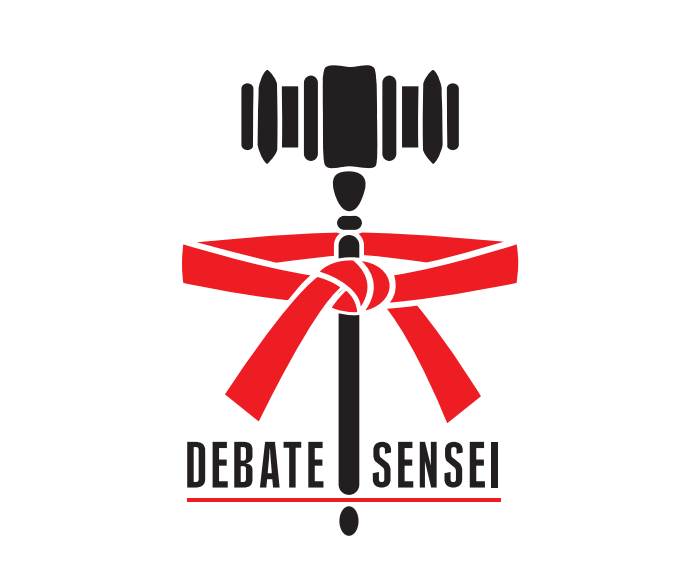Types of Debate
Quiz Summary
0 of 8 Questions completed
Questions:
Information
You have already completed the quiz before. Hence you can not start it again.
Quiz is loading…
You must sign in or sign up to start the quiz.
You must first complete the following:
Results
Results
0 of 8 Questions answered correctly
Your time:
Time has elapsed
You have reached 0 of 0 point(s), (0)
Earned Point(s): 0 of 0, (0)
0 Essay(s) Pending (Possible Point(s): 0)
Categories
- Not categorized 0%
-
Congratulations on completing the quiz. If you are not satisfied with your score, you can retake the quiz. Review the answers, the course content, and enter the correct information on your next try.
- 1
- 2
- 3
- 4
- 5
- 6
- 7
- 8
- Current
- Review / Skip
- Answered
- Correct
- Incorrect
- Question 1 of 8
1. Question
Every year, ice cream sales increase at the same rate that cases of drowning increase. What is the relationship between these two variables?
CorrectIncorrect - Question 2 of 8
2. Question
A _______________ is a statement about how things ought to be; whereas, a ______________ is a statement about the true nature of things.
-
A is a statement about how things ought to be; whereas, a is a statement about the true nature of things.
CorrectIncorrect -
- Question 3 of 8
3. Question
Which two thinkers are credited with the development of the fact/value distinction?
CorrectIncorrect - Question 4 of 8
4. Question
Is the following a normative claim?
The United States has over 200 times the amount of gun deaths of Canada, but only 10 times the population.
CorrectIncorrect - Question 5 of 8
5. Question
Is the following a normative claim?
President Trump’s top priority ought to be immigration.
CorrectIncorrect - Question 6 of 8
6. Question
Is the following a normative claim?
The American economy needs to create more jobs.
CorrectIncorrect - Question 7 of 8
7. Question
What is another word that describes debates about values?
CorrectIncorrect - Question 8 of 8
8. Question
Is the following a normative claim?
Children of divorced parents are more likely to be poor.
CorrectIncorrect
